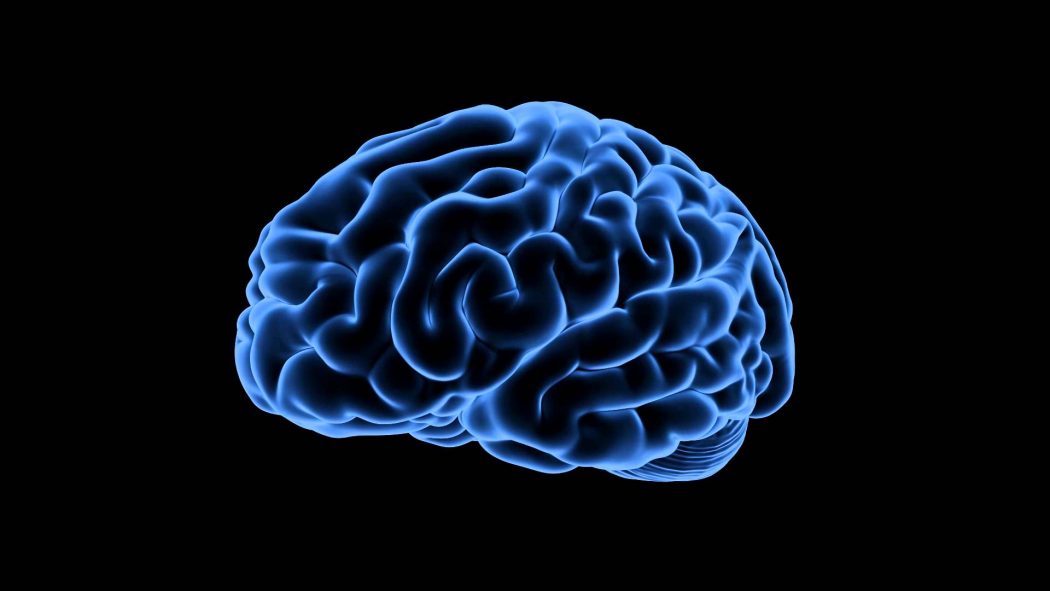Traumatic brain injuries (TBIs) are a major public health burden in the US, if not an epidemic. At least 5.3 million Americans currently live with TBI-related symptoms due to physical, psychological, cognitive, and emotional disorders [1]. These symptoms can be exacerbated by endocrine disorders secondary to post-TBI hypopituitarism, which are becoming increasingly accepted as potential consequences of brain injuries [2-7]. However, post-TBI hypopituitarism in children (who constitute a majority of the TBI population) is relatively understudied, and no consensus guidelines exist for hormone stimulation testing, diagnosis criteria, and screening timelines.
Additionally, post-concussive endocrine abnormalities are difficult to diagnose. The symptoms that result from an endocrine abnormality alone can overlap with post-concussive syndrome: fatigue, anxiety, and depression are common symptoms to both growth hormone deficiency as well as chronic TBI morbidity [8]. The sparse information on post-TBI endocrine dysfunction and difficulty with accurately diagnosing the disorder in children has made studying this problem difficult. Because of the lack of guidelines and concise research in this field, the question remains: as a pediatric neurologist, when do you start referring your post-TBI patient to an endocrinologist? What endocrine markers should a pediatric endocrinologist order, and when does he or she order them? Does TBI severity play a role in determining which endocrine disorders patients are at risk for?
Under the guidance of Dr. Jonathan Lifshitz, the role of my scholarly project is to begin answering many of these questions. Our first approach is collaboration with Arizona State University’s Center for Health Information and Research. We will access the ICD-9 diagnostic codes for pediatric patients who have used the Arizona Health Care Cost Containment System (AHCCCS) to cover healthcare costs between 2008-2015. By accessing over 9000 patients epidemiologic records after a TBI code, we will be able to determine the incidence, prevalence, and risks associated with developing a post-TBI endocrine disorder. Are boys more likely to develop an endocrine disorder than girls? Are patients more likely to experience pubertal delay if they experience a TBI at age 9 or age 4? An epidemiology-driven study of this size is novel to the field, and we are excited to be the first to help answer these questions and define post-TBI endocrine pediatric guidelines.
Our second approach is to help determine whether TBI severity and/or location correlates with development of any particular endocrine disorder. By conducting a retrospective chart analysis on patients who have been seen for both TBI and an endocrine disorder at Phoenix Children’s Hospital, we can further delineate the relationship between injury parameters and the development of specific endocrine disorders in children. Does an anterior cranial injury increase the risk for developing an endocrine disorder more than a posterior cranial injury? Does an anterior cranial injury increase the risk for developing a growth hormone deficiency or a gonadotropin deficiency? The answers to these questions have been debated in the literature with little consensus. Our results will contribute to the growing literature on the correlation between TBI and subsequent development of an endocrine disorder.
Alona Sukhina is a third-year medical student at The University of Arizona College of Medicine – Phoenix. She completed her Bachelor of Science degrees in physiology and molecular and cellular biology at The University of Arizona in 2013. Alona had a difficult time finding the right SP project that encompassed all of her interests in pediatrics, neurology, endocrinology, rural medicine, and bioinformatics, and she was happy to find an SP mentor who appreciated her broad range of interests. Alona is passionate about bridging the fields of pediatric neurology and endocrinology, as well as pediatric critical care medicine. In the future, Alona hopes to continue her work delineating the relationship between TBI and endocrine disorders as a physician in academic medicine. Contact her at asukhina[at]email.arizona.edu


